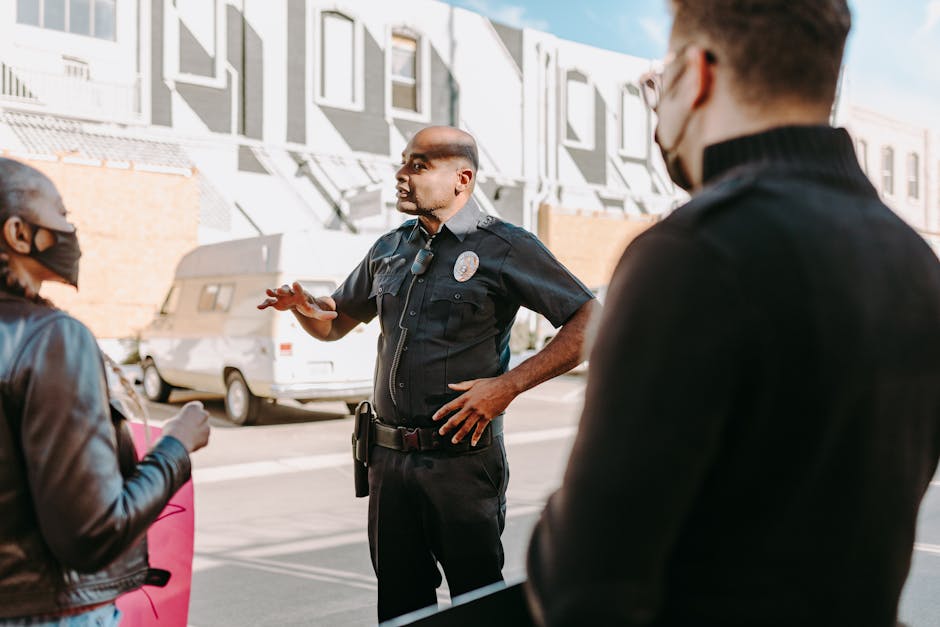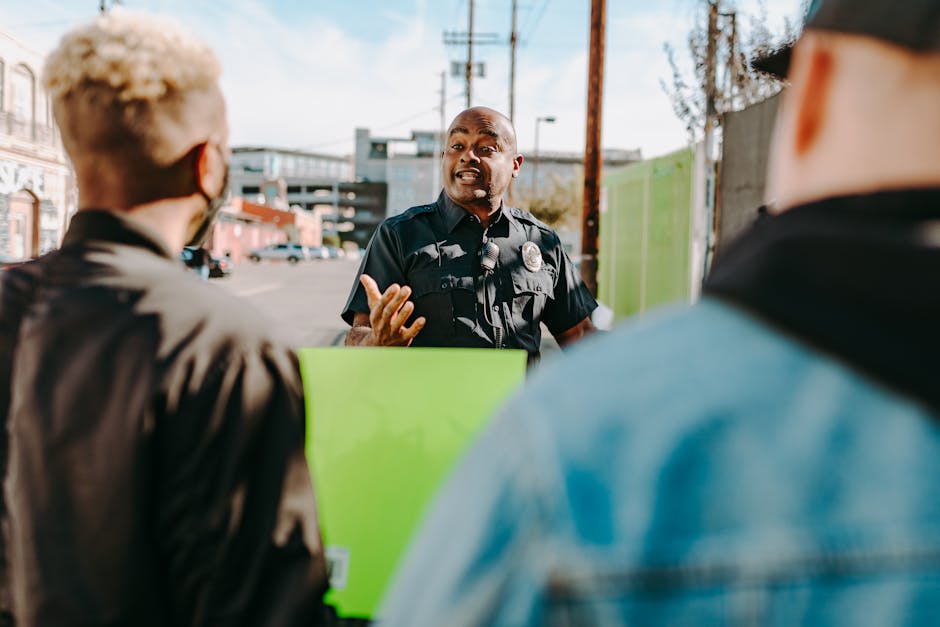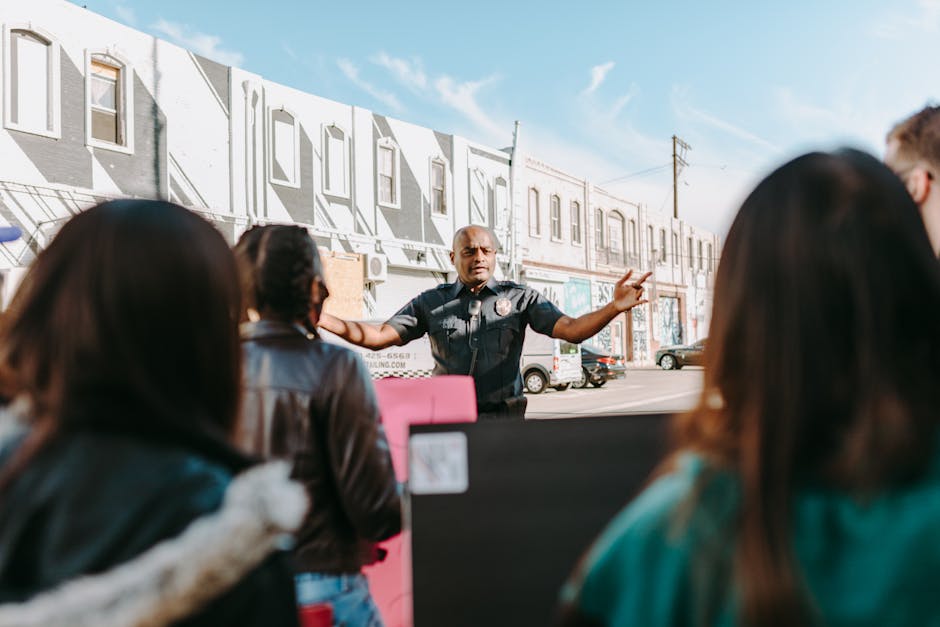Tips for Improving Public Dialogue: How to Communicate Effectively
Public dialogue is essential for a healthy society, but sometimes it can be challenging to have meaningful conversations. Whether it’s talking politics with friends or discussing controversial topics online, effective communication is key. Here are some simple tips to improve public dialogue and make your conversations more productive.
Active Listening

One of the most important aspects of public dialogue is active listening. This means fully concentrating on what is being said rather than just passively hearing the words. When you actively listen, you show respect for the speaker and make them feel heard and understood.
For example, imagine you’re discussing climate change with a friend. Instead of thinking about what you’re going to say next, focus on their arguments and ask clarifying questions. This shows that you value their perspective and are willing to engage in a meaningful dialogue.
Respect Differences

Respecting differences is another crucial aspect of public dialogue. It’s okay to disagree with someone, but it’s essential to do so respectfully. Avoid personal attacks or belittling remarks, as this can shut down the conversation and hinder any chance of reaching a mutual understanding.
For instance, if you’re discussing immigration policy with a coworker who has a different opinion, try to find common ground and focus on facts rather than emotions. By respecting their viewpoint, you can create a more open and constructive dialogue.
Seek Common Ground

In any dialogue, it’s helpful to seek common ground with the other person. Finding shared values or goals can help bridge the gap between differing opinions and lead to a more productive conversation. Focus on what you have in common rather than what sets you apart.
For instance, if you’re discussing gun control with a family member who has opposing views, you could both agree that reducing gun violence is a shared goal. By starting from a place of commonality, you can build a more constructive dialogue that respects each other’s perspectives.
Use Empathy

Empathy is a powerful tool in public dialogue. By putting yourself in the other person’s shoes and trying to understand their perspective, you can build rapport and create a more meaningful connection. Empathy allows you to see beyond the words and understand the underlying emotions and motivations behind someone’s viewpoint.
For example, if you’re discussing healthcare reform with a neighbor who has different experiences than you, try to empathize with their challenges and concerns. By showing empathy, you can create a more compassionate and understanding dialogue.
Stay Curious and Open-Minded
Curiosity and open-mindedness are essential traits in public dialogue. Stay curious about different perspectives and be open to changing your own opinions based on new information. By approaching conversations with a sense of exploration and willingness to learn, you can enrich your understanding and engage in more meaningful dialogues.
For instance, if you’re discussing social justice issues with a classmate who has unique experiences, stay curious about their perspective and be open to learning from their insights. By staying open-minded, you can broaden your horizons and engage in more enlightening discussions.
Practical Tips for Improving Public Dialogue
Here are some practical tips for improving public dialogue in your everyday conversations:
- Avoid interrupting others and wait for your turn to speak.
- Use “I” statements to express your feelings and opinions without sounding accusatory.
- Summarize the other person’s points to ensure you understand them correctly.
- Take breaks if the conversation becomes too heated and revisit it later with a calmer mindset.
By incorporating these tips into your public dialogue, you can enhance your communication skills and foster more meaningful conversations with others. Remember, effective dialogue is a two-way street that requires active participation and a willingness to listen and learn from others.
So next time you find yourself in a public discussion, remember to listen actively, respect differences, seek common ground, use empathy, stay curious, and be open-minded. By following these simple tips, you can contribute to a more constructive and engaging public dialogue.
Improving public dialogue is a continuous process that requires practice and effort, but the rewards are well worth it. By learning to communicate effectively with others, you can build stronger relationships, gain new perspectives, and contribute to a more inclusive and connected society. So, let’s start improving our public dialogue today!




